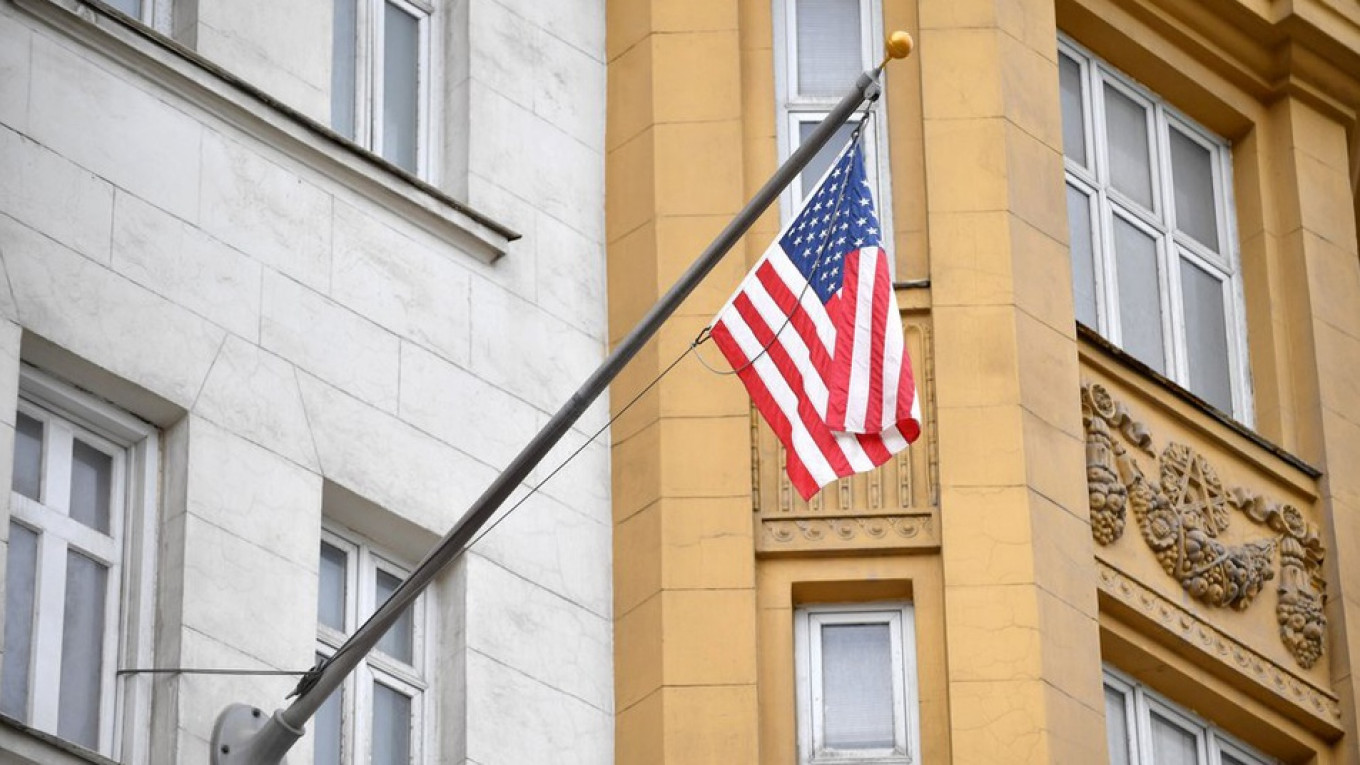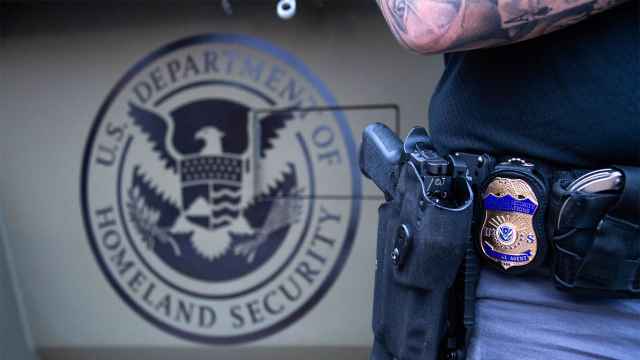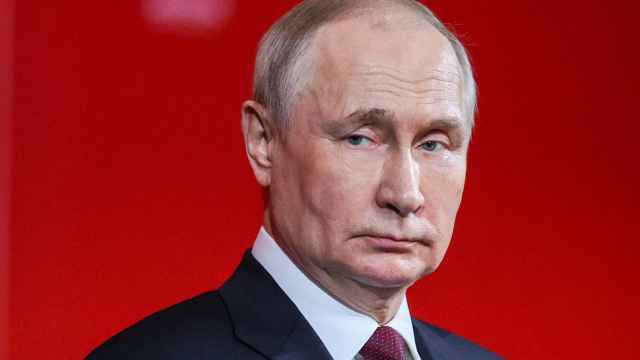Around a third of Russians who received visitor visas to the United States this year have reportedly done so in neighboring countries as bilateral tensions pushed back wait times for U.S. visa seekers.
The U.S. temporarily stopped processing non-immigrant visas in August 2017 after Moscow ordered the U.S. embassy and three consulates to cut hundreds of staff, on the back of U.S. sanctions for Russia’s suspected interference in the 2016 U.S. election. The tit-for-tat measures were followed by more expulsions and consulate closures after the March 2018 poisoning of a Russian ex-spy in England.
At least 46,100 of 136,100 U.S. visitor visas were granted to Russians outside the country between September 2017 and August 2018, according to the RBC news website’s tally of U.S. State Department data.
The U.S. Embassy in Moscow and Consulates in Yekaterinburg, Vladivostok and St. Petersburg handed out 89,800 visas of that type in fiscal-year 2018. Wait times swelled to 300 days in Moscow and Yekaterinburg, and to 60 days in the Pacific port city of Vladivostok. The U.S. consulate in St. Petersburg was forced to close in April.
At the same time, visitor visas were handed out in higher numbers in neighboring Latvia, Estonia and Georgia, RBC reported, citing Russia's Tour Operators Association (ATOR) data. Wait times there range from three days to a little more than a month.
“We often recommend those in urgent need of visas to go abroad and process them there,” American Chamber of Commerce (AmCham) Russia CEO Alexis Rodzyanko told RBC.
The Russian-U.S. diplomatic spat and long waiting times have also resulted in an 80-percent decrease in organized tours from Russia to the U.S., the head of ATOR Maya Lomidze said.
A Message from The Moscow Times:
Dear readers,
We are facing unprecedented challenges. Russia's Prosecutor General's Office has designated The Moscow Times as an "undesirable" organization, criminalizing our work and putting our staff at risk of prosecution. This follows our earlier unjust labeling as a "foreign agent."
These actions are direct attempts to silence independent journalism in Russia. The authorities claim our work "discredits the decisions of the Russian leadership." We see things differently: we strive to provide accurate, unbiased reporting on Russia.
We, the journalists of The Moscow Times, refuse to be silenced. But to continue our work, we need your help.
Your support, no matter how small, makes a world of difference. If you can, please support us monthly starting from just $2. It's quick to set up, and every contribution makes a significant impact.
By supporting The Moscow Times, you're defending open, independent journalism in the face of repression. Thank you for standing with us.
Remind me later.






